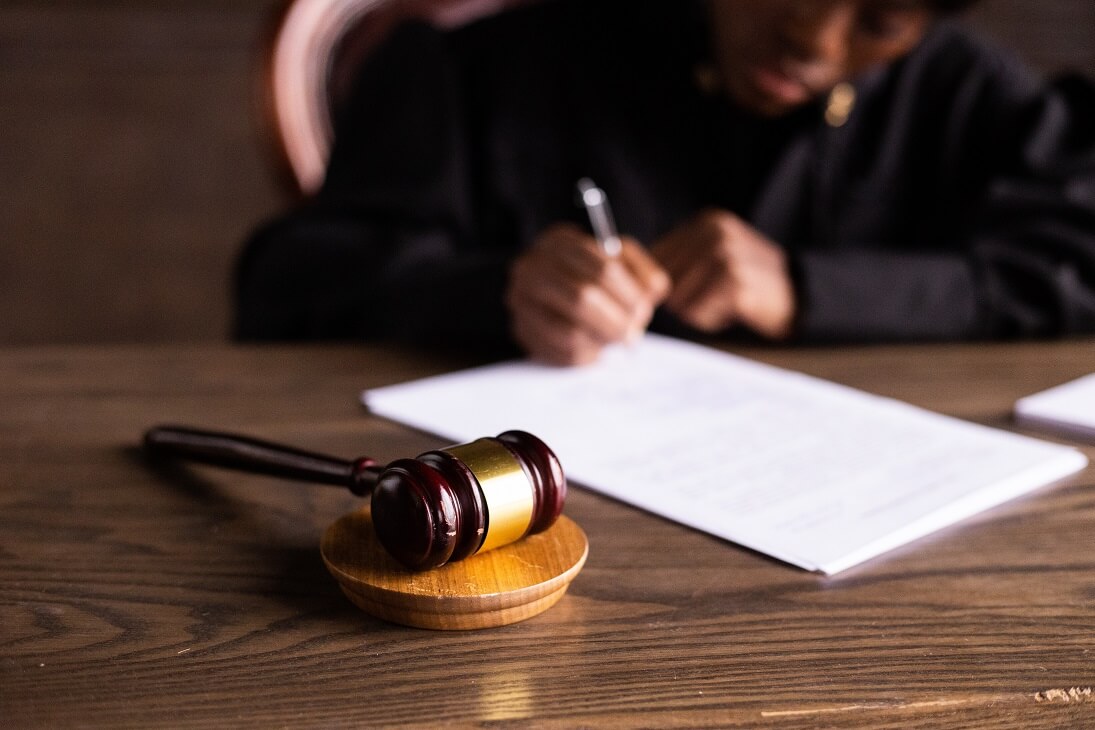Legal & Finance / May 27, 2025
Smart Investment Strategies for Property OwnersLegal & Finance / May 29, 2025
Understanding Rental Laws: A Landlord’s Guide

Understanding Rental Laws: A Landlord’s Guide
Being a landlord is more than just collecting rent—it comes with a set of legal responsibilities and obligations. Rental laws vary by state and sometimes even by city, but understanding the common principles can help you protect your investment, maintain good tenant relationships, and avoid costly disputes. This guide breaks down the essentials every landlord should know.
1. Lease Agreements and Legal Contracts
The lease or rental agreement is the foundation of your landlord-tenant relationship. It should clearly outline:
* Rent amount and due date
* Security deposit terms and return conditions
* Maintenance responsibilities
* Rules for property use (pets, subletting, etc.)
* Lease duration and renewal terms
**Tip:** Always use a written lease agreement, even for short-term rentals. Verbal agreements are harder to enforce in court.
2. Fair Housing and Anti-Discrimination Laws
Federal law (the Fair Housing Act) prohibits discrimination based on race, color, religion, sex, national origin, disability, or familial status. Many states add further protections, such as sexual orientation, marital status, or source of income.
**What this means for landlords:**
* You must apply rental criteria consistently to all applicants.
* Avoid discriminatory advertising (e.g., “no children” or “ideal for singles”).
* Make reasonable accommodations for tenants with disabilities (e.g., allowing service animals).
3. Security Deposits: Rules and Limits
Security deposit laws vary widely, but common restrictions include:
* **Maximum limits** – Some states cap the amount you can collect (often 1–2 months’ rent).
* **Separate accounts** – Certain states require deposits be held in an interest-bearing account.
* **Return timelines** – Landlords must return the deposit (minus allowable deductions) within a set period, usually 14–30 days after the tenant moves out.
**Key takeaway:** Document property conditions with a move-in and move-out checklist to avoid disputes.
4. Rent Collection and Late Fees
Most states allow landlords to charge late fees, but they must be “reasonable” and specified in the lease. Some jurisdictions limit late fees to a percentage of rent (often around 5%).
**Best practices:**
* Offer multiple payment methods (bank transfer, check, online portals).
* Enforce late fees consistently to avoid claims of favoritism or discrimination.
5. Landlord’s Duty to Maintain the Property
Nearly all states enforce an **“implied warranty of habitability.”** This means landlords must keep rental units safe and livable, including:
* Functioning heat, plumbing, and electricity
* Structural integrity (roof, floors, walls)
* Adequate security (locks, windows)
* Compliance with health codes (no pest infestations, proper sanitation)
Failure to maintain can allow tenants to withhold rent, repair and deduct costs, or even break the lease without penalty.
6. Tenant Privacy and Entry Rights
Landlords can’t just walk into a rental property whenever they want. Most states require:
* **Advance notice** (typically 24–48 hours) before entering, except in emergencies.
* **Reasonable entry purposes** such as repairs, inspections, or showing the unit.
Respecting tenant privacy helps avoid legal claims and builds trust.
7. Eviction Laws and Process
Eviction is one of the most tightly regulated aspects of rental law. Common legal grounds for eviction include:
* Non-payment of rent
* Lease violations (e.g., unauthorized occupants, property damage)
* Expiration of lease without renewal
**Important:** Self-help evictions—changing locks, shutting off utilities, or removing belongings without a court order—are illegal in nearly every state. Landlords must follow the formal court eviction process.
8. Local and State-Specific Laws
While federal laws set the baseline, **local laws often add extra requirements.** For example:
* Rent control and rent stabilization rules
* Eviction moratoriums (as seen during COVID-19)
* Registration or licensing requirements for landlords
Always check city and state housing authority websites for up-to-date rules in your area.
9. Recordkeeping and Documentation
Good documentation protects landlords in disputes. Keep copies of:
* Lease agreements
* Rent receipts and payment records
* Maintenance and repair requests
* Notices sent to tenants
Organized records can make the difference in winning a legal case.
10. When to Seek Professional Help
Even experienced landlords sometimes need legal guidance. Consider consulting an attorney when:
* Drafting or updating lease agreements
* Dealing with eviction proceedings
* Handling disputes over security deposits or discrimination claims
Property management companies can also help landlords stay compliant with evolving laws.
---
Final Thoughts
Understanding rental laws is not just about staying out of court—it’s about creating a fair, professional, and profitable rental business. By learning the basics of landlord-tenant law and keeping up with local regulations, you’ll be better equipped to protect your property, your income, and your peace of mind.


